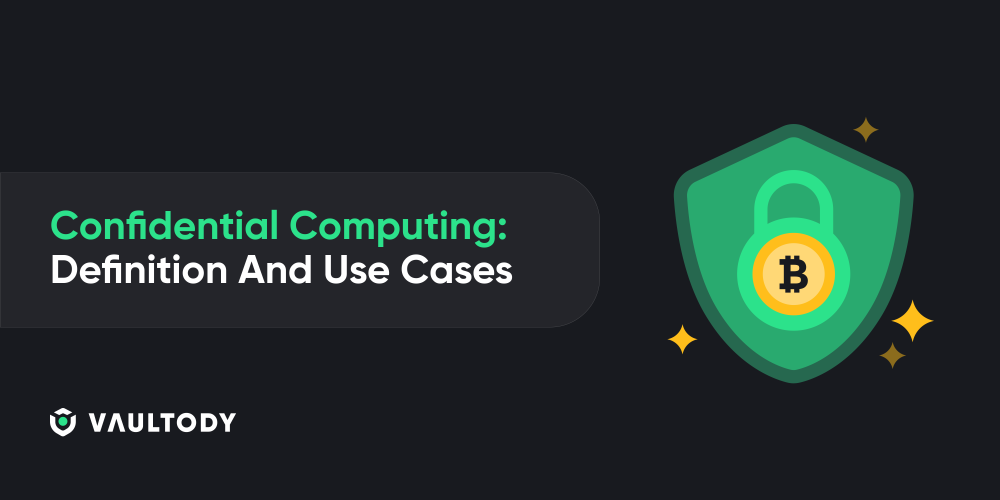Confidential computing, as its name suggests, is focusing on providing a very high degree of confidentiality in computation operations. This is a cloud computing technology which uses encryption and data isolation in a protected CPU enclave - all of this is taking place whilst the data in the enclave is being processed.
The processed data is visible and accessible only to authorized programming code. Anything and anyone else, including the cloud provider, remains unaware of the data content. The entire processing execution operation remains hidden.
The ultimate goal of confidential computing is the provision of additional assurance to users that their sensitive data remains confidential and secure. Risks from unwanted malicious vulnerabilities or hardware and software threats are reduced to a minimum through data encryption.
As public cloud services continue to gain popularity among organizations, the role of confidential computing becomes irreplaceable when it comes to privacy. The main benefit organizations can get from this technology is the enhanced perception of security.
How confidential computing works?
Data needs to be unencrypted in memory prior to processing, which creates potential vulnerabilities. The data becomes exposed to threats before, during and after processing to memory dumps, root user compromises and other exploits.
By utilising hardware enclaves, also known as trusted execution environments (TEEs), all vulnerabilities are eliminated. They work in the following way - if unauthorized codes make an attempt to access the keys, or if the authorization code is hacked or compromised, the hardware enclaves cease the computation and refuse access.
The only way to perform computation is through embedded encryption keys and attestation mechanisms, accessible only to authorized application code.
This approach ensures that sensitive data remains safeguarded in memory until the application specifically instructs the TEEs to decrypt it for processing. Throughout the decryption all data remains hidden from the operating system, the computer stack resources, the cloud service providers and their staff.
Use cases of confidential computing
Application of confidential computing may be made on many occasions when data privacy is required within trusted execution environments. Some of the most prominent reasons of when confidential computing should be used are as follows:
- Safeguarding sensitive data - even in cases when the data is being used, the confidential computing technology provides affordable and versatile regulation on data sets and workloads which are available on public clouds
- Data privacy and intellectual property protection - through the hardware enclaves a high security level can be attained to ensure safety on analytics functions, machine algorithms and even on entire applications
- Secure collaborations with other organizations - organizations can work together with other companies or providers on new cloud solutions without any concerns that they will have to exchange data that they don't want to share between themselves. You can keep all details and data sets confidential.
- Eliminates the worries for using cloud providers with similar services - if the chosen provider is offering services which are competing with the organization`s services, there is nothing to be worried about since customer data processing as well as other sensitive data is not being exposed.
Vaultody is very heavily focusing on the provision of state of the art technological measures to protect your privacy and provide unbeatable security. If you are curious to learn more about our MPC wallet solution, please get in touch with our team.









 Copy link
Copy link